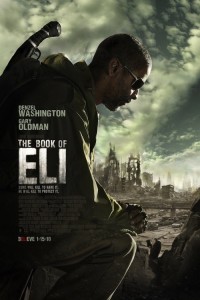I thought apocalyptic and post-apocalyptic were the same type of story for a long time. In fact, I even confused them with the dystopian genre at times, which I still see many readers doing today. Now that I finally have all of them straight (as far as I know) I can freely call myself a fan of all three subgenres.
What’s that? You want to call yourself a fan, too? Alright then, let’s dig into the details:
Apocalyptic
In an apocalyptic book, the characters actually encounter the “apocalypse.” Often times this is some sort of natural disaster, divine judgment, nuclear warfare, supernatural phenomenon, or another general disaster. In short: it’s the destruction and collapse of the known world.
So…lighthearted bedtime stories. 😉
Characters have to figure out how to live through the destruction or collapse of their world. I’ll be blunt: sometimes they don’t succeed. Most of society gets wiped out with these stories. The apocalypse or “end times” can also include the return of Christ, specifically in Christian fiction. However, the term “apocalypse” as it relates to fiction has come to involve any sort of general disaster that greatly impacts civilization.
The line is very blurred between apocalyptic and post-apocalytpic. It all revolves around pinpointing the disaster and how much time has passed since its strike. For the most part, these books show epic survival (or survival-attempt) stories.
Examples:
- The Left Behind Series, by Tim LaHaye and Jerry B. Jenkins
- The Monument 14 Series, by Emmy Laybourne
- The Stand, by Stephen King
- I Am Legend (movie)
Post-Apocalyptic
For the sake of my fingers and to save you from annoying typos, I shall now refer to post-apocalyptic as “PA” for the remainder of my post. (Phew!) PA books can take place either right after the world has been destroyed or years later. People have settled into a new way of living in the ruined world or they’re in the process of creating a new civilization. They spend some time learning to adapt and overcoming the PA mayhem.
This is where the dystopian and PA genres can be confused. Think of The Hunger Games. The world got destroyed by World War Something and a new overruling government was set up (dystopian.) But now think of The Book of Eli (yes, the movie with Denzel Washington.) It starts where he’s adapted to the ruined world and there’s not really too much of an overruling government — at least not over the entire world as he knows it, just over certain towns and cities (PA.) That is PA, but dystopian and PA can be mixed.

The biggest difference is the control of the government: dystopian revolves around the government to an extent, and PA may not even have one.
Examples:
- The Book of Eli (movie)
- Ship Breaker, by Paolo Bacigalupi
- City of Ember, by Jeanne DuPrau
- I Am Legend (movie)
Recap:
Apocalyptic = characters experience the apocalyptic moment in one way or another and then try to survive.
Post-Apocalyptic = the apocalyptic moment is more of a backstory, we don’t really see it in the actual story.
Do you have a favorite apocalyptic or PA book/movie?
.


My current favorite: the Actions of Purpose series from Stu Jones (Through the Fury to the Dawn, Into the Dark of the Day).
As densely detailed as it is, I have to breaks with King’s The Stand.
These breakdowns of the differences between spec-fic genres are very fascinating.
I hate it when people confuse or conflate these terms. Dystopian has literally nothing to do with post apocalyptic necessarily. Something can be dystopian and not post apocalyptic or post apocalyptic and not dystopian. The thing is so many people write post apocalyptic dystopian that people assume all of both are both. The genre bias in America is incredible. We watch Star Wars and assume all sci fi is space opera.
None of these genres are sci fi genres. Many post/apocalyptic and dystopian stories do have sci fi elements but those elements are not inherent to the genres. The end of the world doesn’t require a fictional scientific concept. Nuclear War is one of the most common plot devices. Cold War and all that.
You’re just making my reading list longer and longer. 😉 Great suggestions!
Margaret — They are, aren’t they? I’ve had so much fun digging deeper into each subgenre. The spec-fic world is much deeper and complex than I originally understood. Glad you’re enjoying them.
I agree, it’s frustrating. But I’ll be the first to admit that, before I started writing or reading much of these genres, I confused PA and Dystopian, too. (For shame!) Now though, being further educated, I see the stark difference. Hopefully this article will help clear it up a bit for those who are still figuring them out. [grin]